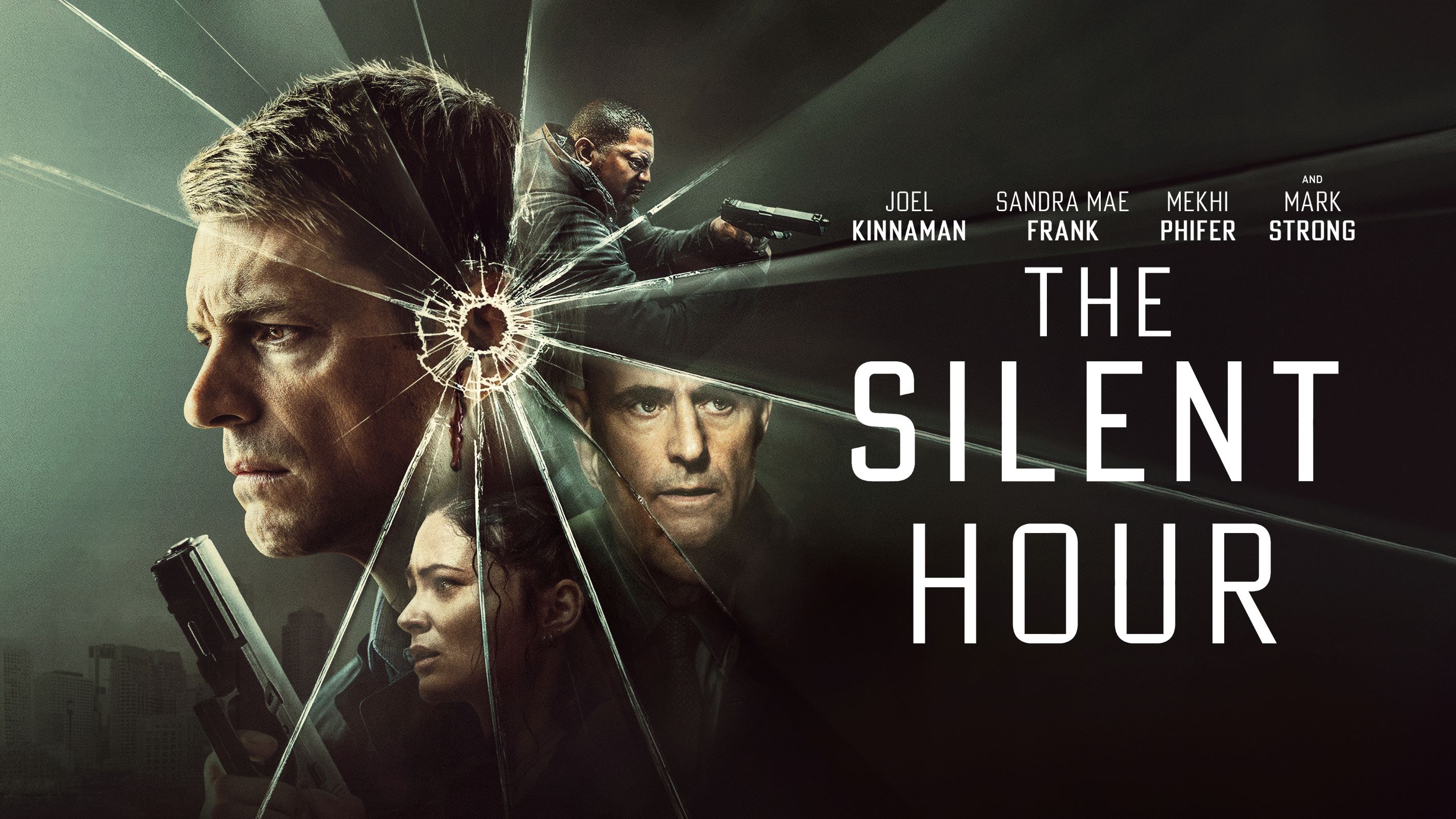If you squint at “Canary Black” from the comfort of your own living room—martini glass in hand, perhaps just a little self-consciously nostalgic for the days when spies sparkled and plots had pulse—it might almost pass for a movie. But move in closer, and it’s not so much a cinematic vessel as a soggy, deflating float at the tail end of a parade nobody bothered to attend. What drifts our way, bobbing with all the vigor of a limp flag at half-mast, is the kind of leftover, just-add-water espionage pulp that’s been through every possible recycling bin in Hollywood’s backlot. How many screenwriters were left, we wonder, dangling in the subzero editing bay, before someone finally called it “done”? Deep beneath the chilled surface, “Canary Black” is home to a whole hothouse of misjudged directorial flora: plotting with the finesse of errant GPS, fight scenes borrowed (badly) from late-night aerobics reruns, and a costume budget that feels stitched together entirely from off-season Halloween aisle clearance. Yet here stands Kate Beckinsale, the plucky center of the swirling mediocrity, determined to wear her “notice me, I’m lethal” energy like a badge and a bludgeon.










